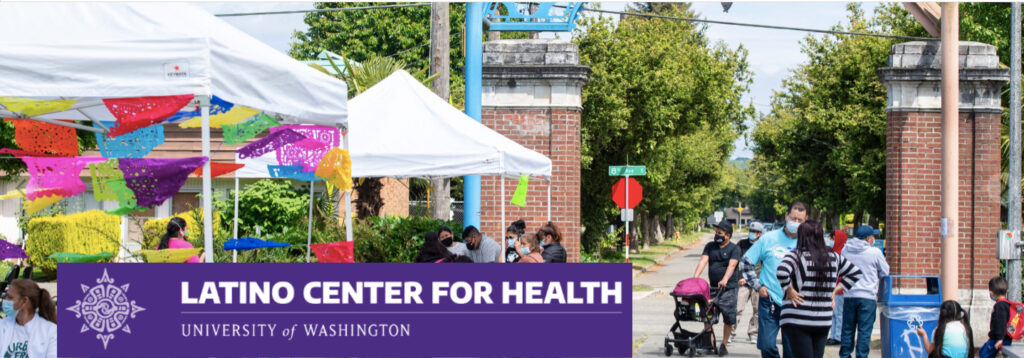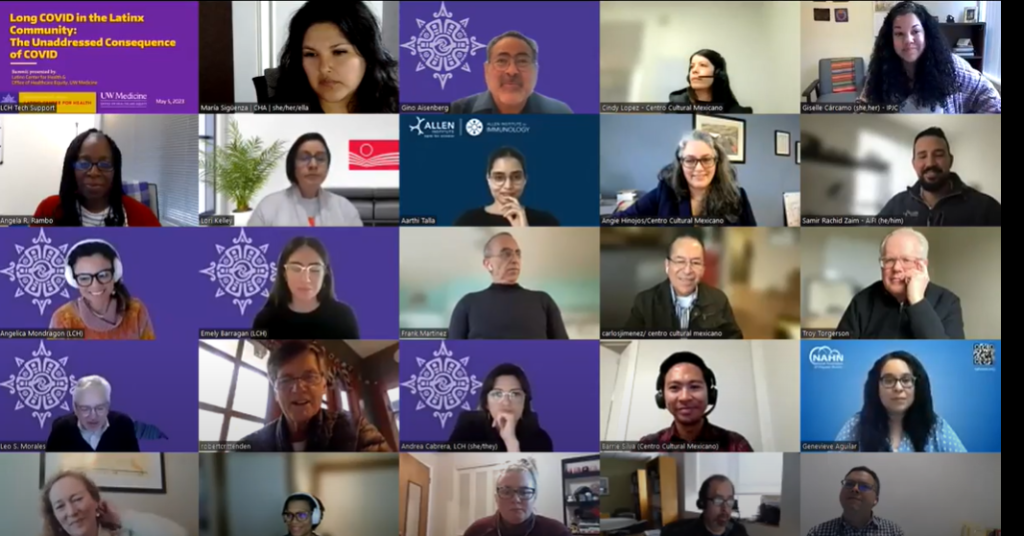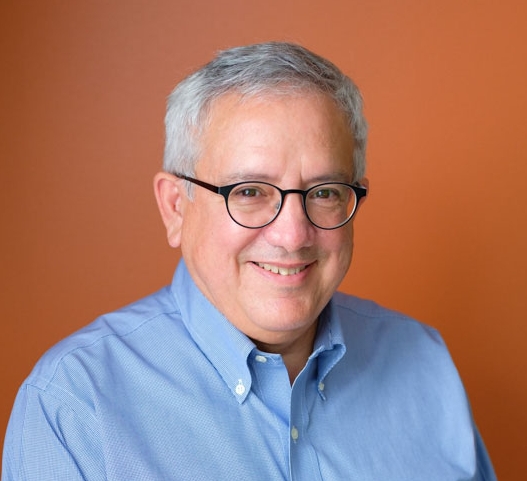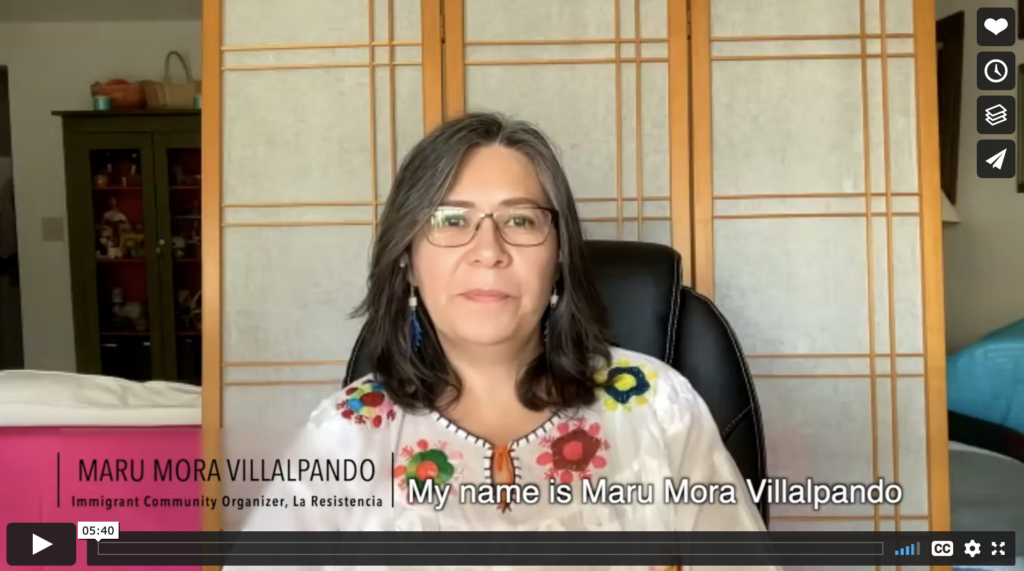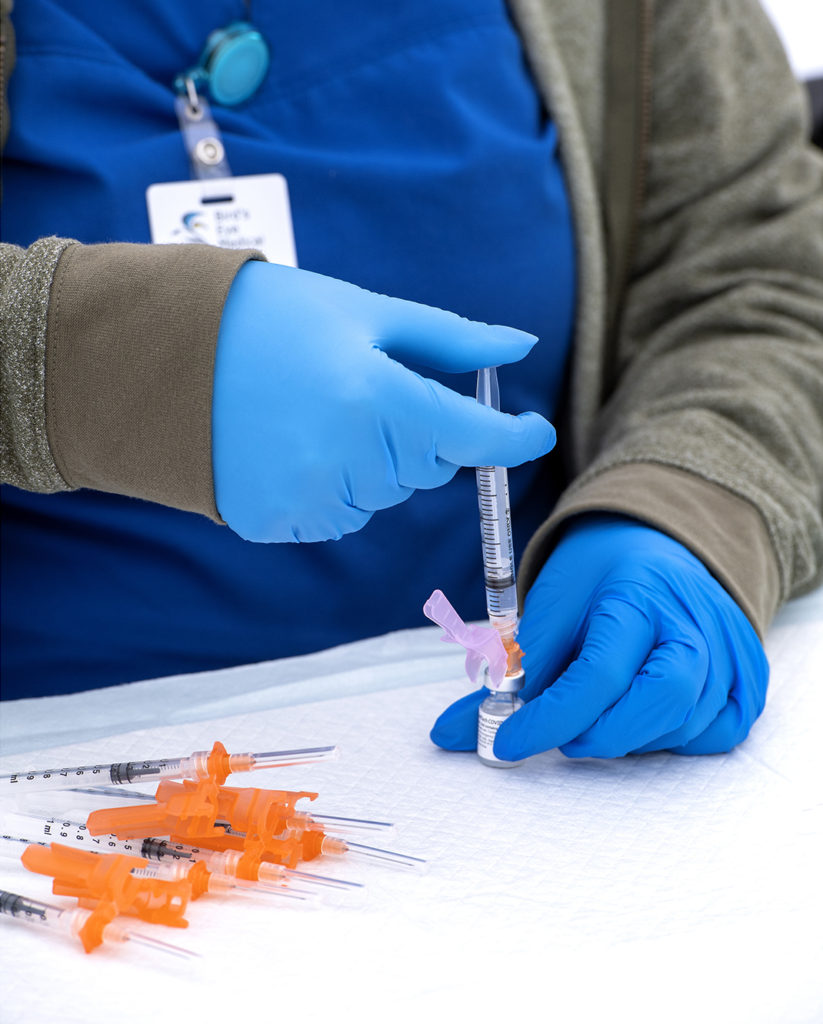In English
A partir del 1 de Noviembre, todos los residentes del estado de Washington, independientemente de su estatus migratorio, podrán comprar un seguro médico y dental a través de Washington Healthplanfinder.
Dos nuevos programas ayudarán a los inmigrantes a obtener cobertura médica en 2024. Las personas sin seguro pueden ser elegibles para uno de estos programas:
Programa de expansión de acceso a planes médicos y dentales
Una nueva exención federal, primera en su tipo en los Estados Unidos, brindará nuevas oportunidades para los residentes de Washington que no cuentan con seguro. A partir del 1 de noviembre de 2023, todas las personas en Washington, independientemente de su ciudadanía o estatus migratorio, podrán adquirir un seguro médico y dental a través de Washington Healthplanfinder, para obtener cobertura a partir de enero de 2024. Además, la cobertura será más asequible, con ahorros adicionales en las primas mensuales para hogares con ingresos de hasta al 250% del nivel federal de pobreza (FPL).
Programa de expansión de acceso al seguro Washington Apple Health
La Autoridad de Atención Médica de Washington (HCA) ampliará la oferta de cobertura médica independientemente del estatus migratorio. A partir del 1 de julio de 2024, los habitantes indocumentados de Washington con ingresos inferiores al 138% del nivel federal de pobreza (FLP) podrán ser elegibles para la cobertura de Washington Apple Health (el Medicaid de Washington).
Más información:
- Preguntas frecuentes
- Video informativo
- Más sobre Healthplanfinder
- Otros recursos en diferentes idiomas
